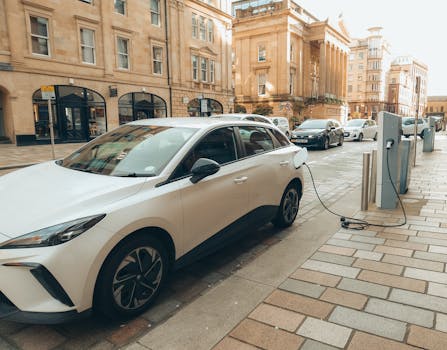
Smart Cities: Urban Trends for 2025
Introduction to Smart Cities
Smart Cities: Urban Trends for 2025 are revolutionizing the way we live and interact with our surroundings. With the increasing demand for sustainable and efficient urban planning, cities are transforming into intelligent and connected hubs. In this article, we will explore the latest trends and innovations shaping the future of smart cities.
Urban Trends for 2025
As we approach 2025, several key trends are emerging in the development of smart cities. These include:
- Sustainable Energy: Cities are investing in renewable energy sources, such as solar and wind power, to reduce their carbon footprint and reliance on fossil fuels.
- Advanced Transportation Systems: Smart cities are implementing intelligent transportation systems, including self-driving cars, hyperloop networks, and advanced public transit systems.
- Smart Infrastructure: Cities are integrating smart technologies into their infrastructure, including smart buildings, smart grids, and smart water management systems.
- Urban Agriculture: With the increasing demand for sustainable food systems, cities are adopting urban agriculture practices, including vertical farming and community gardens.
- Cybersecurity: As cities become increasingly connected, cybersecurity is becoming a major concern, with cities investing in advanced security measures to protect their infrastructure and citizens.
Technologies Driving Smart Cities
Several technologies are driving the development of smart cities, including:
- Internet of Things (IoT): The IoT is enabling cities to collect and analyze data from various sources, including sensors, cameras, and other devices.
- Artificial Intelligence (AI): AI is being used to analyze data and make predictions, optimizing city operations and services.
- Blockchain: Blockchain technology is being used to secure data and enable transparent and efficient transactions.
- 5G Networks: 5G networks are providing high-speed connectivity, enabling the widespread adoption of smart city technologies.
Challenges and Opportunities
While smart cities offer many benefits, there are also several challenges and opportunities to consider, including:
- Privacy Concerns: The collection and analysis of personal data raises concerns about privacy and surveillance.
- Equity and Access: Smart cities must ensure that all citizens have access to the benefits and services they provide.
- Cybersecurity Risks: The increased use of technology in smart cities creates new cybersecurity risks and vulnerabilities.
- Investment and Funding: The development of smart cities requires significant investment and funding, which can be a challenge for many cities.
Conclusion
In conclusion, smart cities are transforming the way we live and interact with our surroundings. With the latest urban trends and innovations, cities are becoming more sustainable, efficient, and connected. As we approach 2025, it is essential to address the challenges and opportunities associated with smart cities, ensuring that they are equitable, secure, and beneficial for all citizens.




